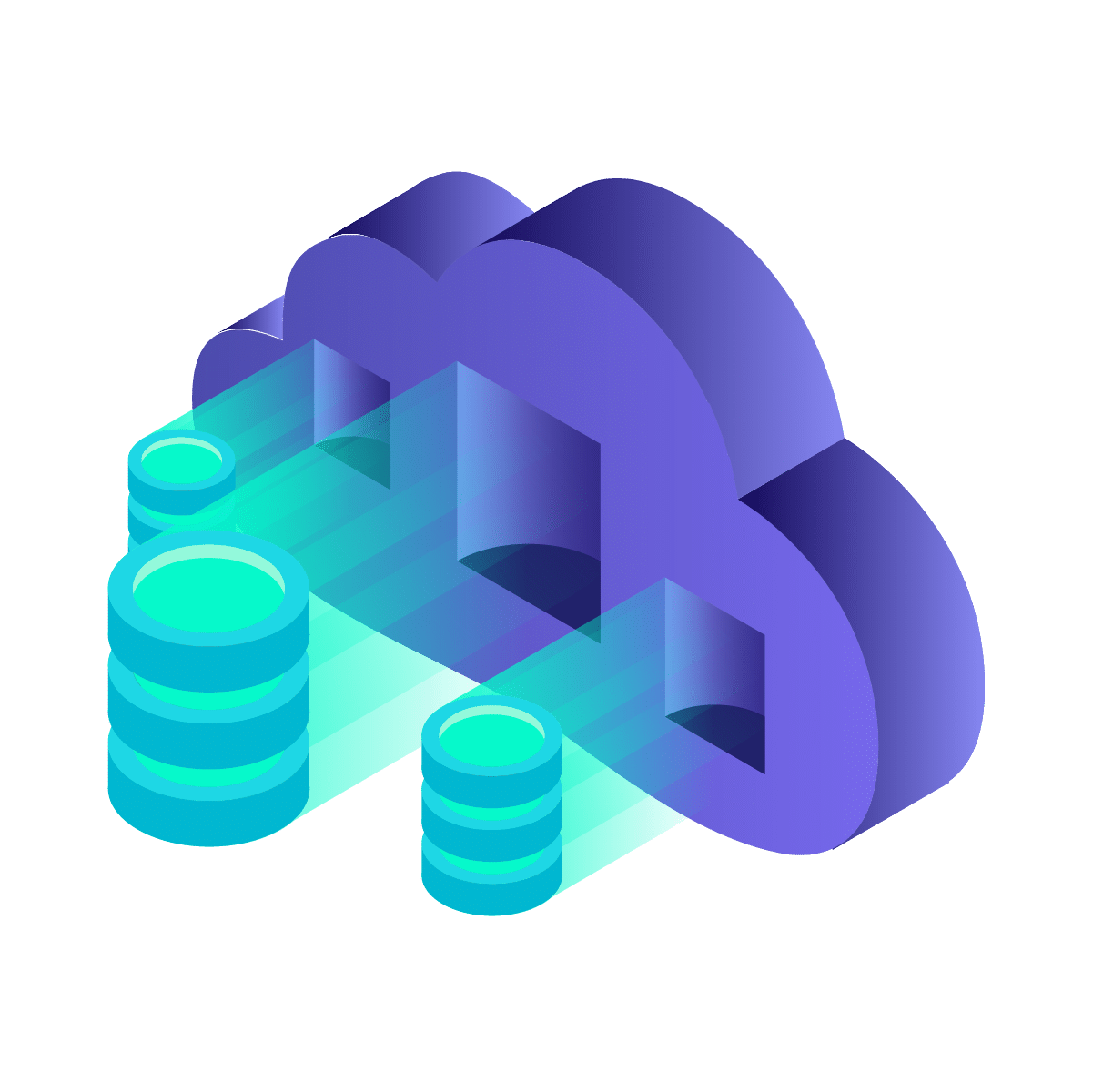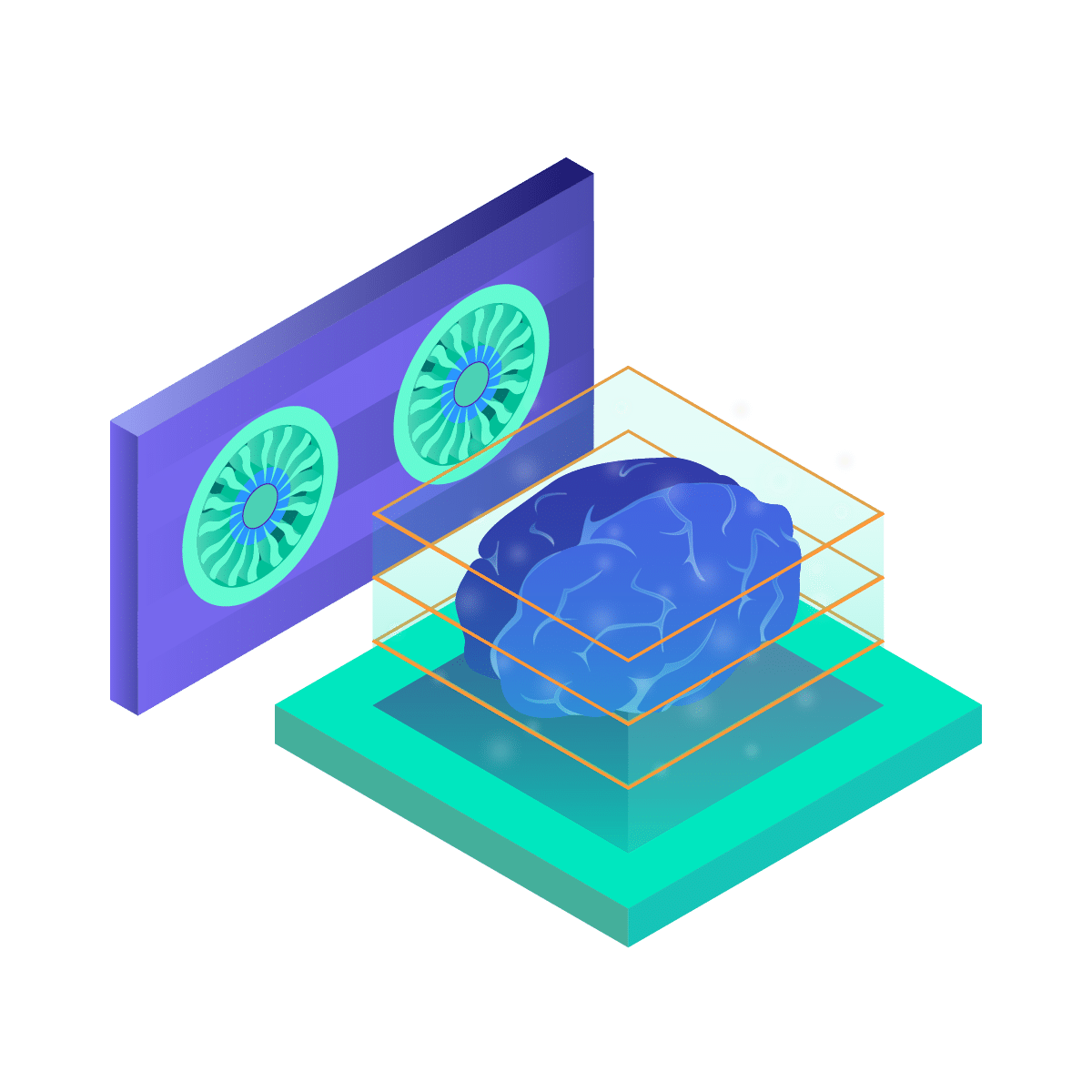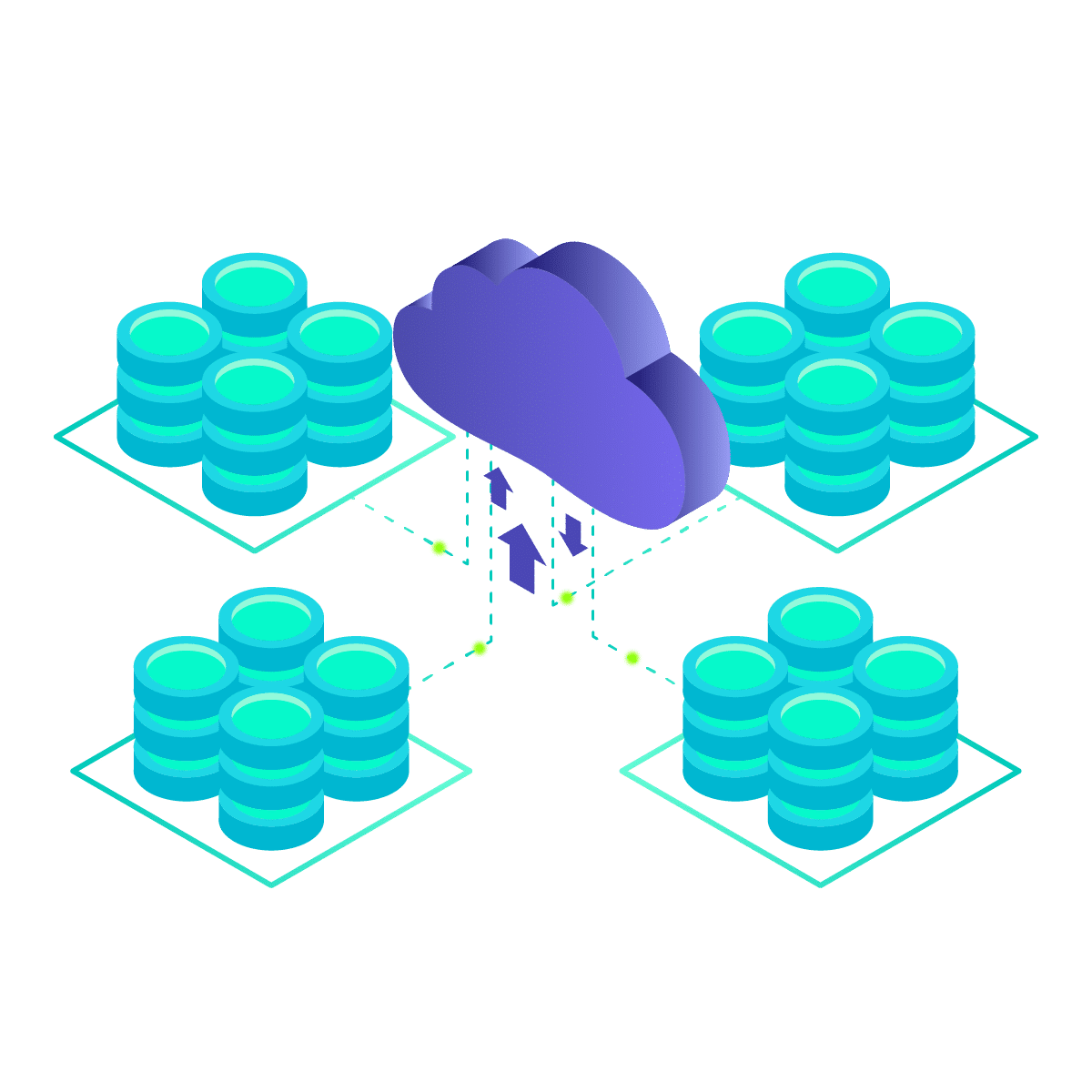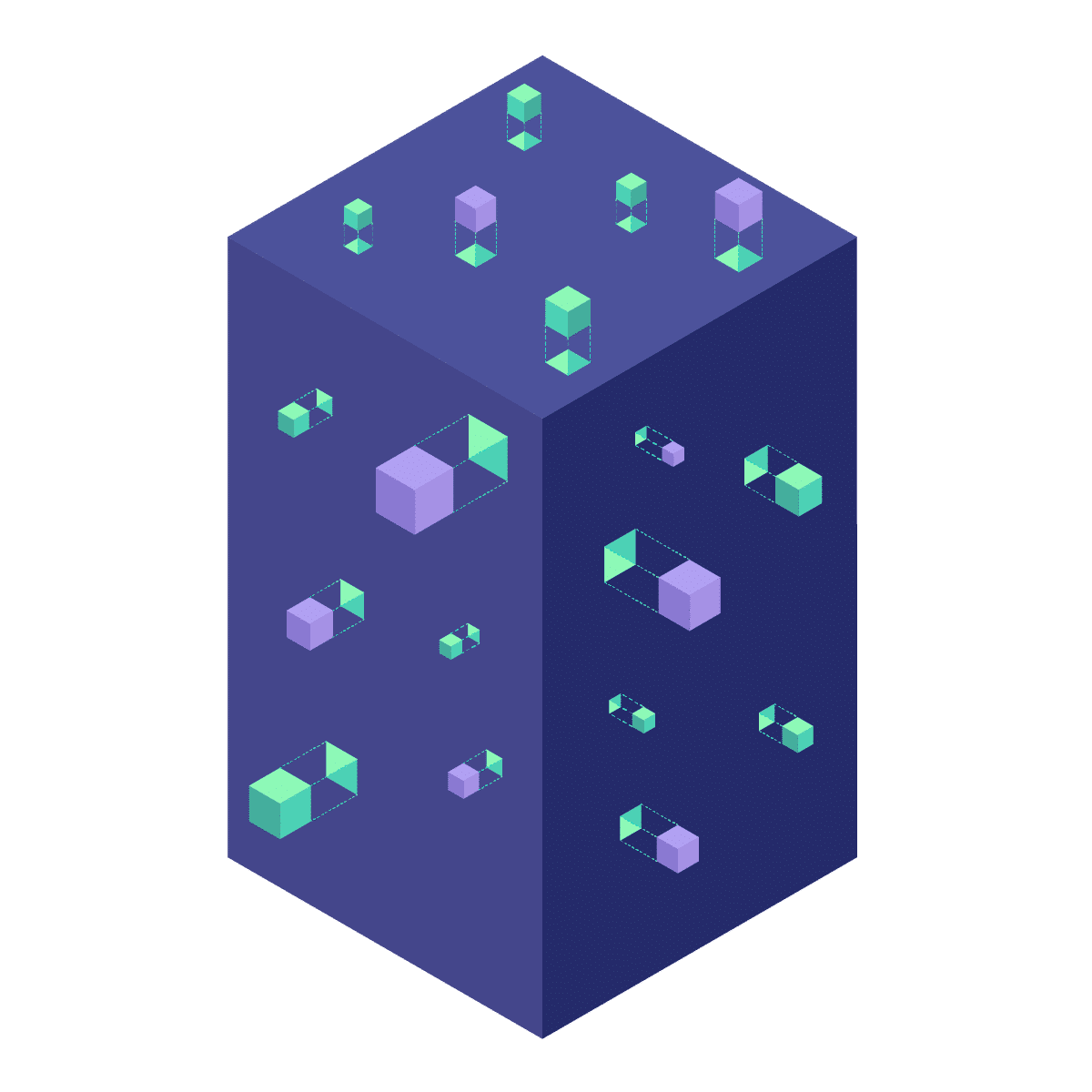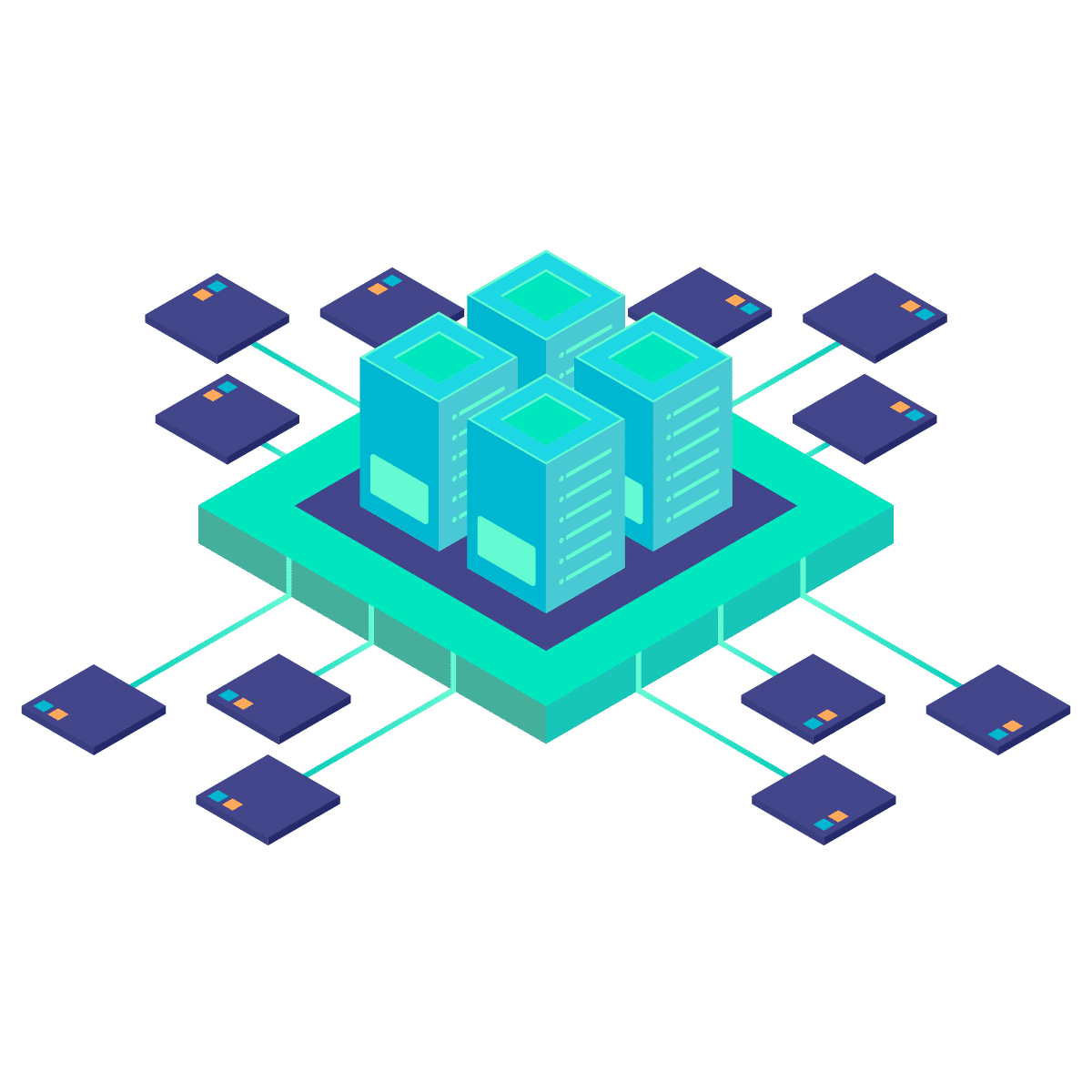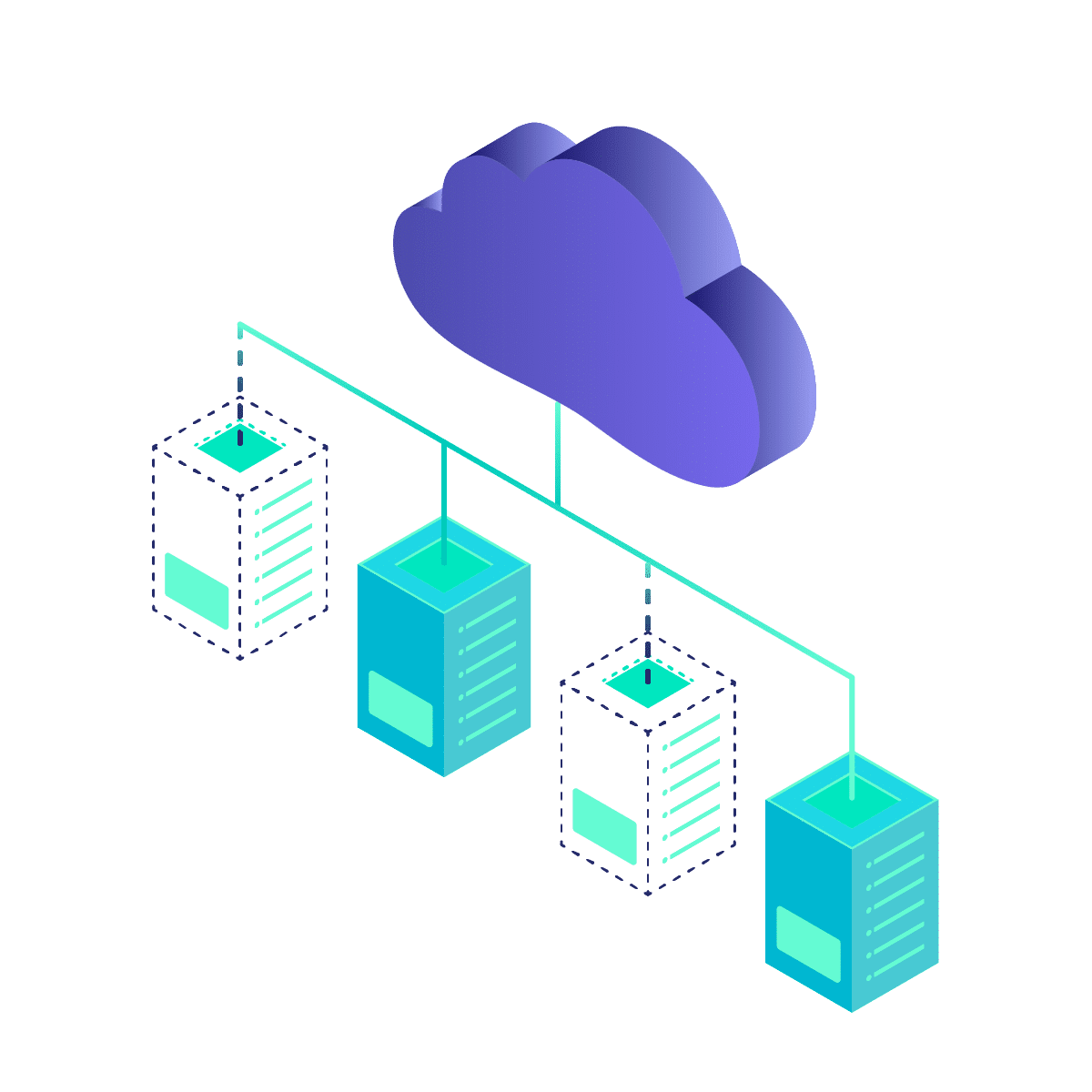Cloud API
For Faster & More Productive Workflows
- RESTful API
- Libraries & SDKs
- Sovereignty
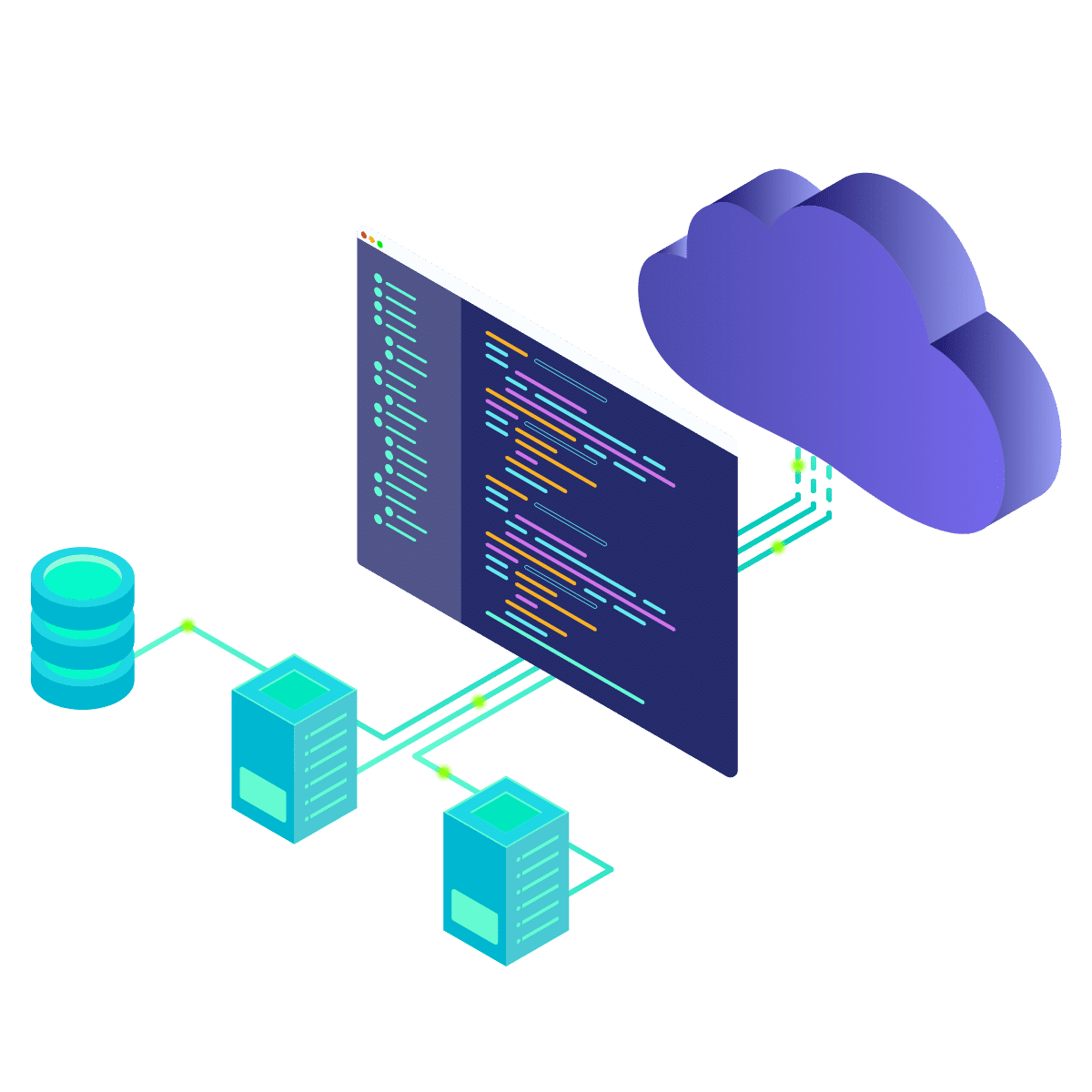
Ready in minutes
NETWAYS Cloud API
Hosted and made with love in Germany.
RESTful API
Ecosystem & Integration
Libraries & SDKs
CI / CD
Full Control
Powered by OpenStack
IaaS with OpenStack-API
With an API (Application Programming Interface), you control your Cloud resources. The OpenStack API allows users to interact with these resources programmatically, enabling automation, orchestration, and integration with other systems.
Infrastructure as Code has never been easier!
Automate & Integrate
Standard API
The OpenStack APIs of the NETWAYS Cloud can be combined with numerous DevOps tools. Keep using what you know and what works for you!
Connect Your Tools
Use your favourite tools to start server instances, create images, setup networking and network components. Automate as much as possible for faster and more productive workflows.
Use-Case Scenarios
Provisioning and Scaling
You can use the OpenStack API to programmatically provision new virtual machines and other resources when traffic to your hosted websites increases. E.g. you can create a script or an orchestration tool that monitors website traffic metrics and automatically launches additional VMs when traffic exceeds a certain threshold.
Development & Testing
Integrating OpenStack into your CI/CD pipeline streamlines the software development process. It allows you to effortlessly create testing environments, execute automated tests, and deploy applications, all through the convenience of the OpenStack API.
Your Tool – Your Code
DevOps Tools
Terraform, Heat-Stack, Packer, Ansible, Puppet, Docker, GitLab and whole lot more popular Tools from a huge ecosystem are ready to kickstart your environment.
Libraries and SDKs
Common programming languages (Python, Ruby, Golang, and many more) offer support for OpenStack through a multitude of libraries.
Do more with your Cloud Server
Make your cloud project a great fit by choosing only the resources that you need, in exactly the right size and amount, and scaling out and in anytime. Our NETWAYS Cloud Services based on OpenStack offer many compute, storage and network resources designed with newest technology. Create your modern IT infrastructure with ease.
Fly high with our Cloud
Cloud Services are a crucial part of modern computing, offering a flexible and scalable virtual infrastructure. With us, as a GDPR-compliant hosting provider with ISO-27001 certified data centers in Germany, you can launch your reliable Cloud Services in just minutes!
Flexible
Dynamically adapt to changing requirements. We provide the resources, as needed. Ready, whenever you are.
Scalable
We’re built for scale out – and so is our NWS Cloud, based on OpenStack. With us, even sky is not the limit.
Support(ive)
GDPR Compliant
Pay-as-you-go
Get things done with us in a timely manner and pay only for what you use. Saving costs? Sounds savvy.
Focus On You
Usage Examples
Create Your Resources using the REST-API.
REST-API
The provided REST-API allows you to create an OpenStack instance. There are also libraries for the most popular programming languages available.
curl -X POST https://cloud.netways.de:8774/v2.1/servers -H "Content-Type: application/json" -H "X-Auth-Token: $TOKEN" -d '{ "server": { "name": "'myinstance'", "flavorRef": "'$FLAVOR_ID'", "imageRef": "'$IMAGE_ID'", "networks": [ { "uuid": "'$NETWORK_ID'" } ] } }'
Ruby
This is an example illustrating how to create an instance using the Fog library in Ruby.
require "fog/openstack"
compute = Fog::OpenStack::Compute.new(@connection_params) # use the first flavor and image from the list flavor = compute.flavors[0] image = compute.images[0] # create a new instance instance = compute.servers.create name: 'test', image_ref: image.id, flavor_ref: flavor.id # Optionally, wait for the instance to provision before continuing instance.wait_for { ready? }
Nice to know
What is the OpenStack API?
The OpenStack API is a set of RESTful web services that provide a programmatic interface for interacting with OpenStack cloud services. OpenStack is an open-source cloud computing platform that provides a suite of services for building and managing public and private cloud infrastructures.
The OpenStack API is designed to be simple, flexible, and easy to use. It allows developers to access and manage cloud resources such as virtual machines, storage volumes, and network resources through a standard set of HTTP requests and responses.
Can I use Terraform, Ansible, or Puppet to control my infrastructure?
Yes, you can use Terraform, Ansible, and Puppet to control and manage OpenStack cloud resources. These tools provide a flexible and powerful way to automate infrastructure deployment, configuration, and management.
Terraform is a tool for building, changing, and versioning infrastructure safely and efficiently. It supports a wide variety of cloud providers, including OpenStack, and allows you to define infrastructure as code using a declarative syntax. With Terraform, you can define OpenStack resources such as compute instances, networks, and storage volumes, and manage their lifecycle through a simple command-line interface.
Ansible is a configuration management tool that allows you to automate server provisioning, configuration, and deployment. It uses a simple YAML-based syntax to define configuration files, which can be easily versioned and shared. With Ansible, you can automate the installation and configuration of OpenStack services, as well as manage the lifecycle of cloud resources such as virtual machines and network infrastructure.
Puppet is another configuration management tool that allows you to automate the deployment and configuration of software and infrastructure. It uses a declarative language to define resources and dependencies, and provides a powerful and flexible way to manage complex infrastructure. With Puppet, you can manage OpenStack services, deploy applications, and manage cloud resources using a simple and easy-to-understand syntax.
Do I have to take care about a rate limiting using the API?
By default, the OpenStack API rate limit is set to 10 requests per second per project for most APIs. However, this limit can be configured and adjusted as needed by OpenStack administrators. Different APIs may have different rate limits, and the rate limits may vary based on the user’s role and permissions.
When the rate limit is exceeded, the API will return a “429 Too Many Requests” response code, indicating that the user has exceeded the allowed rate of requests. The user will need to wait until the rate limit is reset before making additional requests.
Who can I contact in Case of a Problem?

Contact Us!
You have any requests or questions, or just want to say ‘hi’? Get in touch with us! We are happy to hear from you! Send us a message and we’ll see you in a bit!

